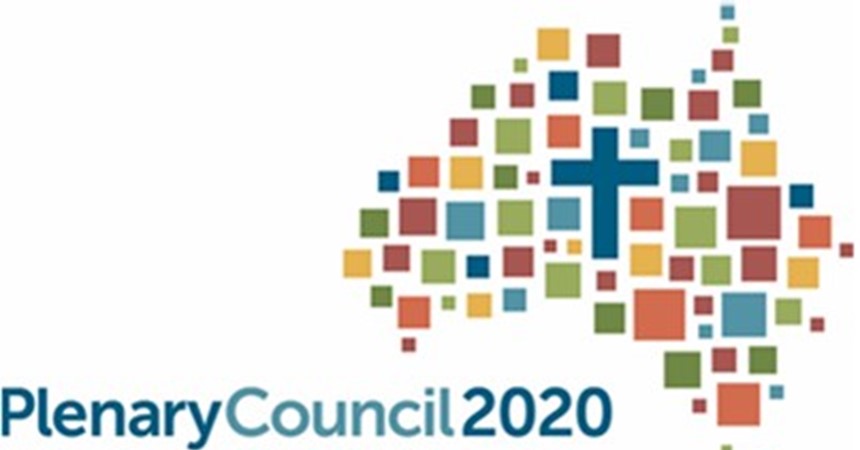As part of “Listening and Discernment”, the second phase of preparing for the Council, Discernment and Writing Groups will have the important task of preparing papers for consideration by Council delegates.
Each group will consider one of the six National Themes for Discernment, which invite people to consider how God is calling the People of God to be a Christ-centred Church in Australia that is: Missionary and Evangelising; Inclusive, Participatory and Synodal; Prayerful and Eucharistic; Humble, Healing and Merciful; A Joyful, Hope-Filled and Servant Community; Open to conversion, Renewal and Reform.
The groups’ work will be supplemented by communal discernment groups, which are being encouraged to meet around the country and contribute to the ongoing Council journey.
Plenary Council president Archbishop Timothy Costelloe SDB said the bishops and Council facilitation team had a challenging task to choose the 58 people – lay, religious and clerical – who would sit on the Discernment and Writing Groups from a pool of more than 400 applications.
The appointments came after a thorough process of reviewing all applications received against criteria in the advertised role descriptions, then scheduling more than 100 interviews conducted by six panels (one for each theme) located across Australia, and finalising the membership in consultation with the Australian bishops and other referees.
“The exercise of inviting people to offer their talents to this historic opportunity has been a humbling one and has demonstrated the high calibre of expertise, knowledge and commitment of the People of God across the country to their Church,” he said.
The Discernment and Writing Groups will rely on a number of sources, including Scripture, Church teaching and canon law, as well as writings of popes and bishops such as the Vatican II documents, Evangelii Gaudium, The Call to Holiness and pastoral letters written by the bishops of Australia.
Another important source for the discernment process will be the sensus fideilum expressed in the voices of the Australian people through the Plenary Council process during the “Listening and Dialogue” phase, which concluded earlier this year.
Sharon O’Keeffe, who has worked in Catholic education settings in Australia, Tanzania and the United Kingdom, said her involvement in the Listening and Dialogue sessions in Cairns last year amplified her interest in the Plenary Council’s progress.
She is the appointed chair of the “Joyful, Hope-Filled and Servant Community” group. “We are in a unique time for our Church, here in Australia and beyond,” she said.
“My modus operandi is joy and Pope Francis’ exhortation Evangelii Gaudium – on The Joy of the Gospel – fills my heart with hope that Australian Catholics will engage in the Plenary Council process.”
She said she looked forward to her group’s first meeting and to receiving additional input from people across the country.
Peter Grace, who is executive director of the Council of Catholic School Parents NSW/ACT, will chair the “Missionary and Evangelising” group.
He said the Plenary Council “offers a once-in-a-lifetime opportunity for members of the Church in Australia to come together to consider how God is calling us to be a Christ-centred Church”.
“Much of my professional and personal life has encompassed being ‘missionary and evangelising’, including through children’s sacramental programs and adult faith formation, so this new opportunity – and challenge – is an exciting one,” he said.
Archbishop Costelloe said the two bishops assigned to each group see themselves as “fellow workers in the vineyard” with their lay, religious and priestly colleagues and will seek to contribute in much the same way as the other members.
Plenary Council facilitator Lana Turvey-Collins said the Discernment and Writing Group chairs will meet in October for initial formation and induction. The full membership of the groups will meet soon after and hold a series of teleconferences and face-to-face meetings in the coming months to carry out their communal discernment.
“The Discernment and Writing groups will prepare draft papers on their National Theme for Discernment by Easter 2020. Between now and then, we will continue to communicate openly about the progress of discernment and writing,” Ms Turvey-Collins said.
Information on the Discernment and Writing Groups and the associated National Themes for Discernment can be found on the Plenary Council website: www.plenarycouncil.catholic.org.au
